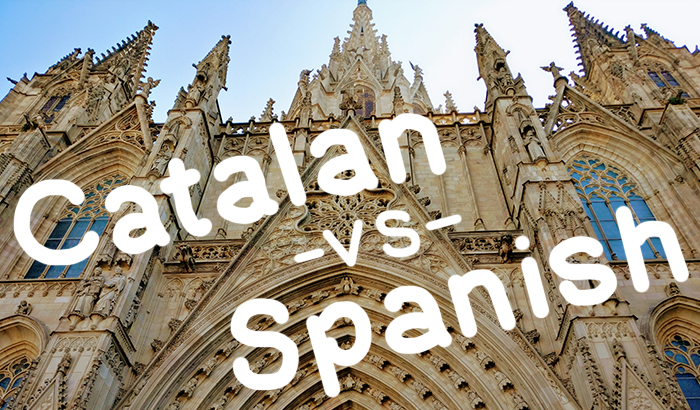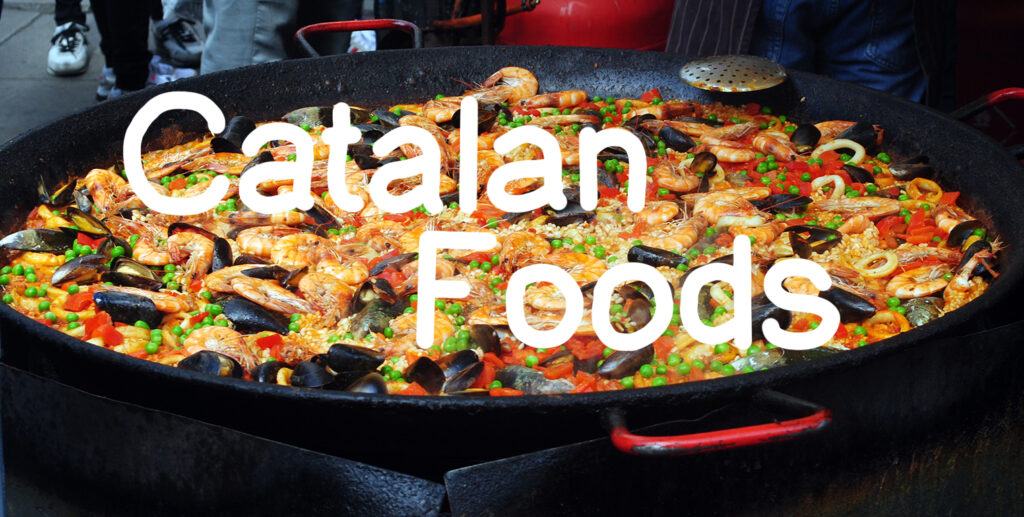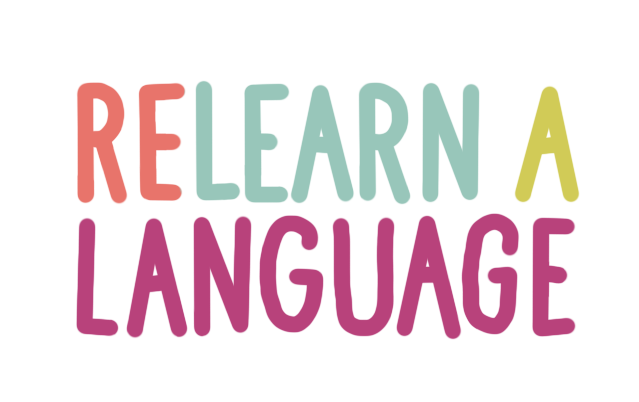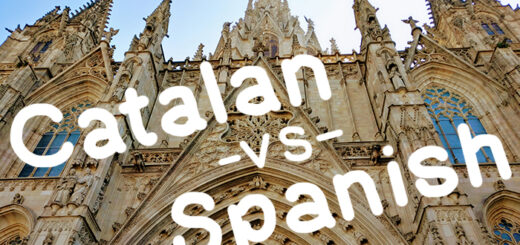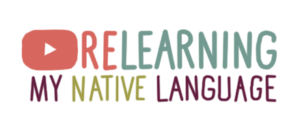Is Catalan hard or easy to learn? (It depends.)
by Marissa Blaszko · December 28, 2020
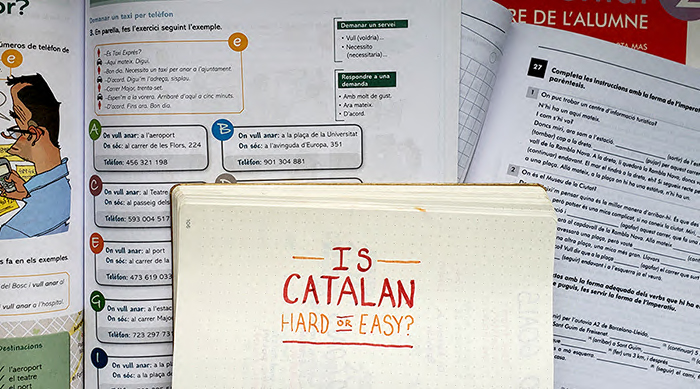
As someone who speaks 6 languages (including Catalan), the question I most often get from people is whether Catalan is hard or easy to learn.
Most often, the people who are language hobbyist wondering this already speak French and Spanish and are looking to add another language into their lives.
The answer is that Catalan can be very easy to learn if you already speak some French or Spanish. But if you’re looking for a quick language win, the similarities Catalan has with other languages can make it hard to not mix up when you speak.
So if you want to figure out if Catalan will be easy or hard for you personally, just take 3 minutes to answer a few of the questions on this article!
(Plus, at the bottom we’ll link to some great Catalan learning resources to make your experience much more fun and easy!)
Will Catalan VOCABULARY be hard or easy to learn for you?
For English speakers, all romance languages share an enormous amount of vocabulary with our language. And if you already speak other romance languages, you’ll be way ahead of the game with plenty of cognates.
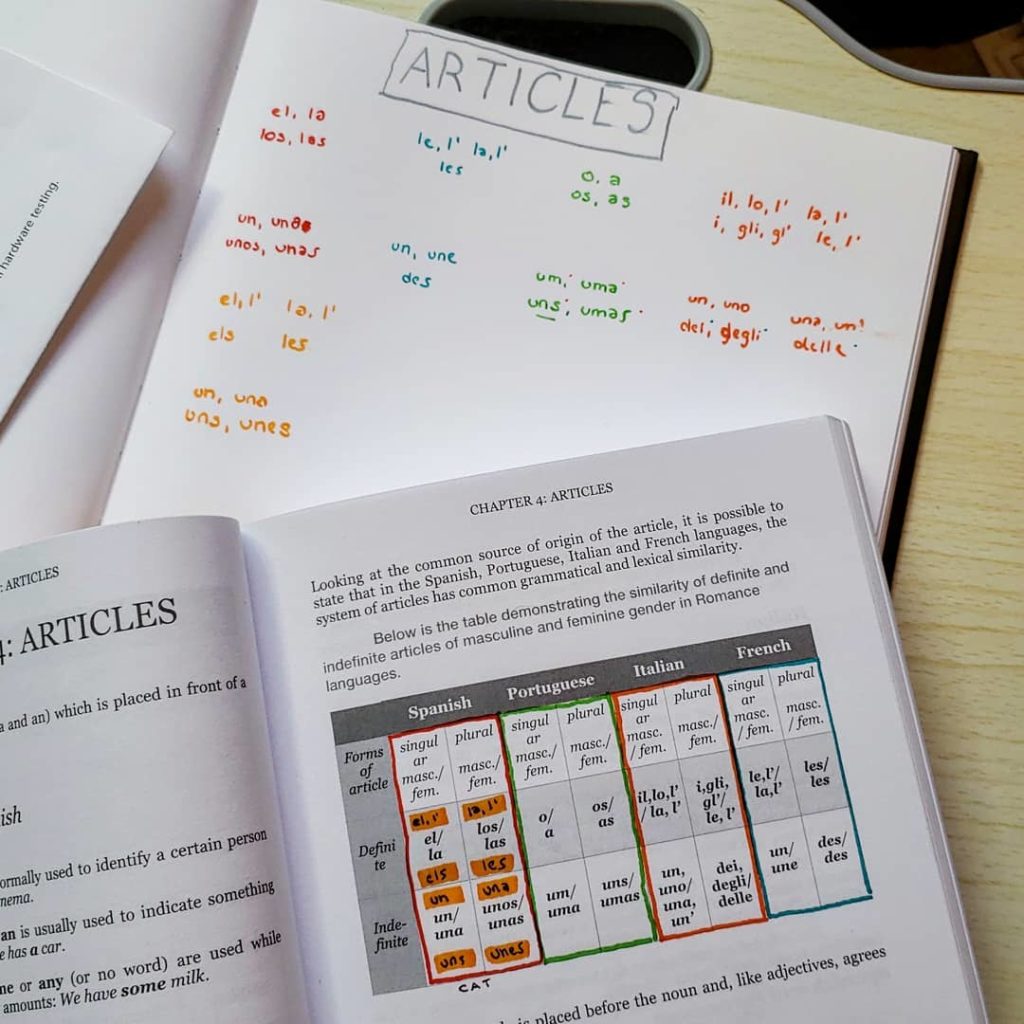
One of the great things about Catalan vocabulary is it’s largely phonetic. Unlike English, there are no weird acceptions (though through thorough work, English can be eventually understood). And there are no weird hidden letters. (Looking at you, French.)
But, unlike Spanish, there are some vowel changes depending on their placement in a word.
For instance, let’s take “la dona”. A perfectly easy to pronounce word: “the woman.”
But “the women” plural?
“Les dones,” pronounced like “las donas” in most dialects (but not all).
In Catalan, non-stressed e’s can become shwas with a bit of an a-flavor. Non-stressed o’s also become quite u-sounding.
There’s also “la casa”. It’s spelled identically to the same word in Spanish–but like in Italian, the s takes on a z-sound.
In general, however, Catalan vocabulary and pronunciation is relatively easy for native speakers.
Will Catalan GRAMMAR be hard or easy to learn?
One of the reasons I love Romance languages is because getting to know them all feels like unraveling a huge secret history book hiding in plain sight.
Catalan grammar shares some features with English and other Romance languages:
- The “I have eaten” past tense translates perfectly: “He manjat.”
- You also have two great present tenses: “I eat” (“jo manjo”) and “I am eating” (“jo estic manjant”).
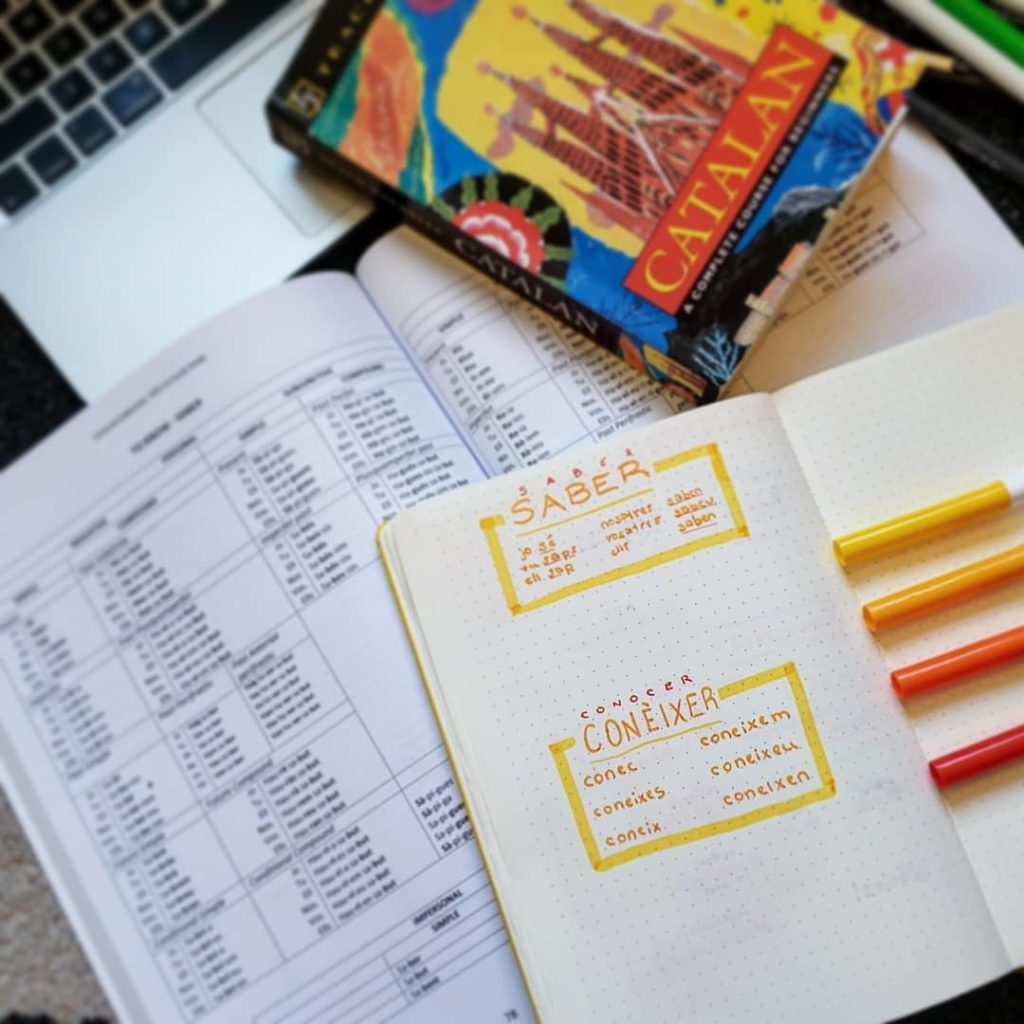
And then there are all of the little annoying things that bother English speakers, but aren’t new at other Romance speakers:
- I, you, he/she, us, you plural, and they all have different conjugations. (So, so many conjugations.)
- Gendered nouns! The table (la taula) is feminine but the problem (el problema) is masculine.
And then you have it’s own little quirky grammar things (and why I love it as a language so much).
- If you translate “I’m going to eat” word-for-word, you get “jo vaig mangar”. The only problem is that, unlike the other Romance languages, that’s the past tense!
- Time telling in Catalan is something totally else. I love this language, but I still couldn’t tell anyone the time. 7:30p is “two quarters to 8”.
- Some nouns that end with -ir have fun conjugations that add an -x ending. To cover, cobrir, looks like it’s Spanish cousin cobrir as a full noun. But I cover isn’t cubro–it’s cobreixo, pronounced /kub-RAI-shu/. To read, llegir, looks like it’s cousins in French (lire) and Spanish (leer). But I read? Not lis or leo, but llegeixo. /yeh-DZAI-shu/ to the English speaker. (Click the links to hear them spoken by a native.)
I’ve found that, in general, Catalan grammar is about as easy as Spanish grammar (and easier than French grammar). But it’s filed with fun little linguistic surprises along the way.
Will Catalan and Spanish be easy to confuse?
If you’re looking at this article, you probably know that the old “Catalan is a dialect of Spanish” is an absolute myth.
The two languages are absolutely distinct although they have many, many similarities.
But here are the biggest problems I’ve seen Spanish speakers make when learning Catalan:
- Assuming they know everything about it. Because “jo havia” and “yo había” look so similar, it can be tempting to take other guesses: like “me parece” should also be be “me parece” when it’s actually “em sembla”.
- Not learning the pronunciation. You cannot pronounce “el problema” like you would in Spanish. In Catalan, it’s /al prub-LEM-a/, and those subtle differences can be hugely important to native speakers.
- Oversimplifying cognates. There are plenty! But because you know “la invención” is “la invenció”, don’t assume that “la conversación” will be “la conversació” (it’s “la conversa”) or that “invitar” is the same word in both languages (it’s “convidar”). Sure there is tons of context you’ll already have, but there are just as many false friends and barbarisms (that is, Castillan words that are often used incorrectly in Catalan.)
- Thinking they can have a B2 after a few weeks of learning. It’s easy to get over-confident with similarities because you can semi-understand it. But l’esmorzar? El llit? els gossos? You’ll quickly find yourself hitting a big plateau of vocabulary unless you make an effort to consciously study it.
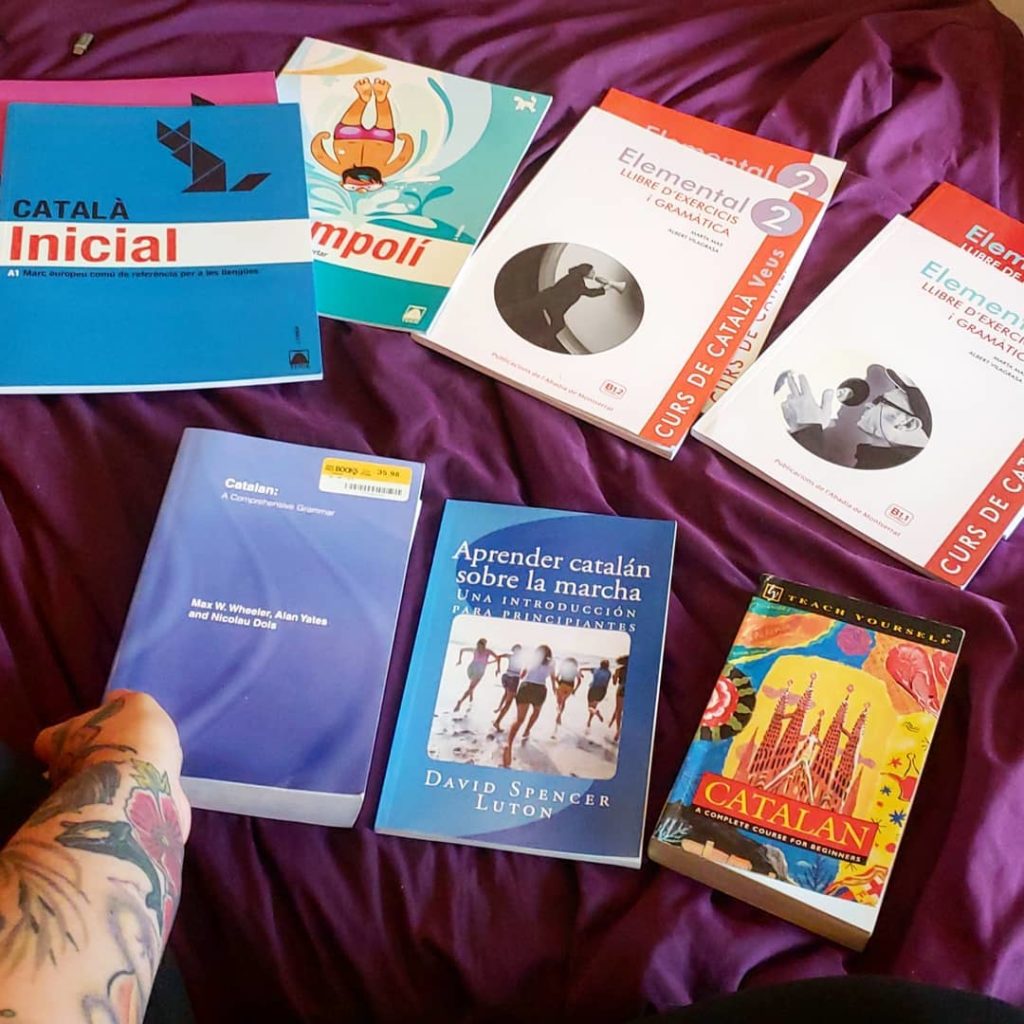
Is Catalan hard or easy to learn if you speak French?
Catalan actually has more in common with French than it does with Spanish according to most linguists.
You’ll see all the same -er -re and -ir endings on verbs, and loads of similar culinary words. If you’re learning Catalan from French, you’ll also have an advantage over Spanish speakers in lots of vocabulary.
But one thing I love about Catalan is how it has none of the complicated formulas of French, and none of its wild spelling.
So give it a try. Start with learning all of its fun grammar, and then get your ear accustomed to its whispery accent and fun rhythm.
Understanding it might be harder for you than for the Spanish speakers, but as a French speaker it should come quicker.
What's hard about Catalan
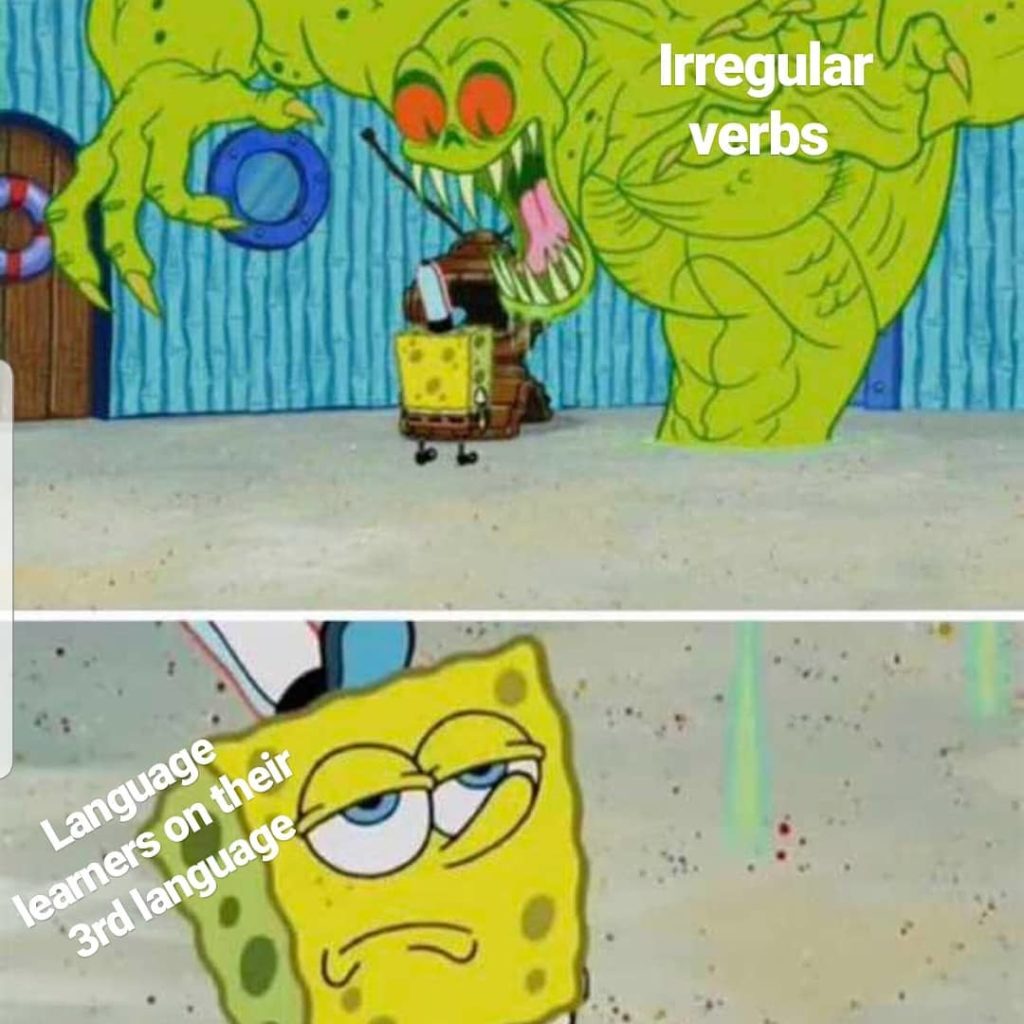
As someone who has an intermediate Catalan level, I think the things that have been the hardest to learn have been:
- The irregular verbs. There are noticeably more than in Spanish, and about as many as there are in French. I’ve resigned myself to memorizing them.
- Not saying “vaig” (“I’m going to”) when I want to speak about the future. Old habits are hard to break, but in Catalan the “I’m going” auxiliary verbs are for the past tenses.
- Not mixing it up with French or Spanish. To love? It could be estimar, animar, amar, or encantar. But I’m never sure which one(s).
- Incorrectly using cognates. It’s easy to get overconfident when you know most words that end with -on in Spanish or French end in -ó in Catalan. But then there are huge exceptions like “la raó” for “la razón”.
- Barbarisms. Contemporary Catalan has a massive influence from Spanish. When I want to say “ask Joan for the coffee” I want to say “preguntar a Joan per a la cafè” but it’s actually supposed to be “demanar la cafè a en Joan”. My confusion isn’t because I don’t know they’re separate languages, but because I’ve likely heard the “incorrect” phrase in passing on YouTube or during a podcast by a native speaker.
What's Easy About Catalan
Once you’ve met one Romance language, you can see the family resemblance rather quickly.
- Overlapping vocabulary. M’encanten viajar a les muntanyes, però la platja és millor per a nadar. If you speak one Romance language, I bet you can read that sentence.
- The past tenses. No insane -é, -iste, -ó, etc like in Spanish. Just use the auxiliary “to go” and boom! Simple past.
- The future tenses. There’s only one!
- Largely phonetic and easy to pronounce. What’s not to love about 8 vowel sounds?
- A wealth of online resources. There are so, so many amazing, high-quality resources online for free offered by the Catalan government and public media. Click here to see all of my favorites.
Start Learning Catalan
Want to start learning Catalan? Check out some of the guides and resources I’ve built!

